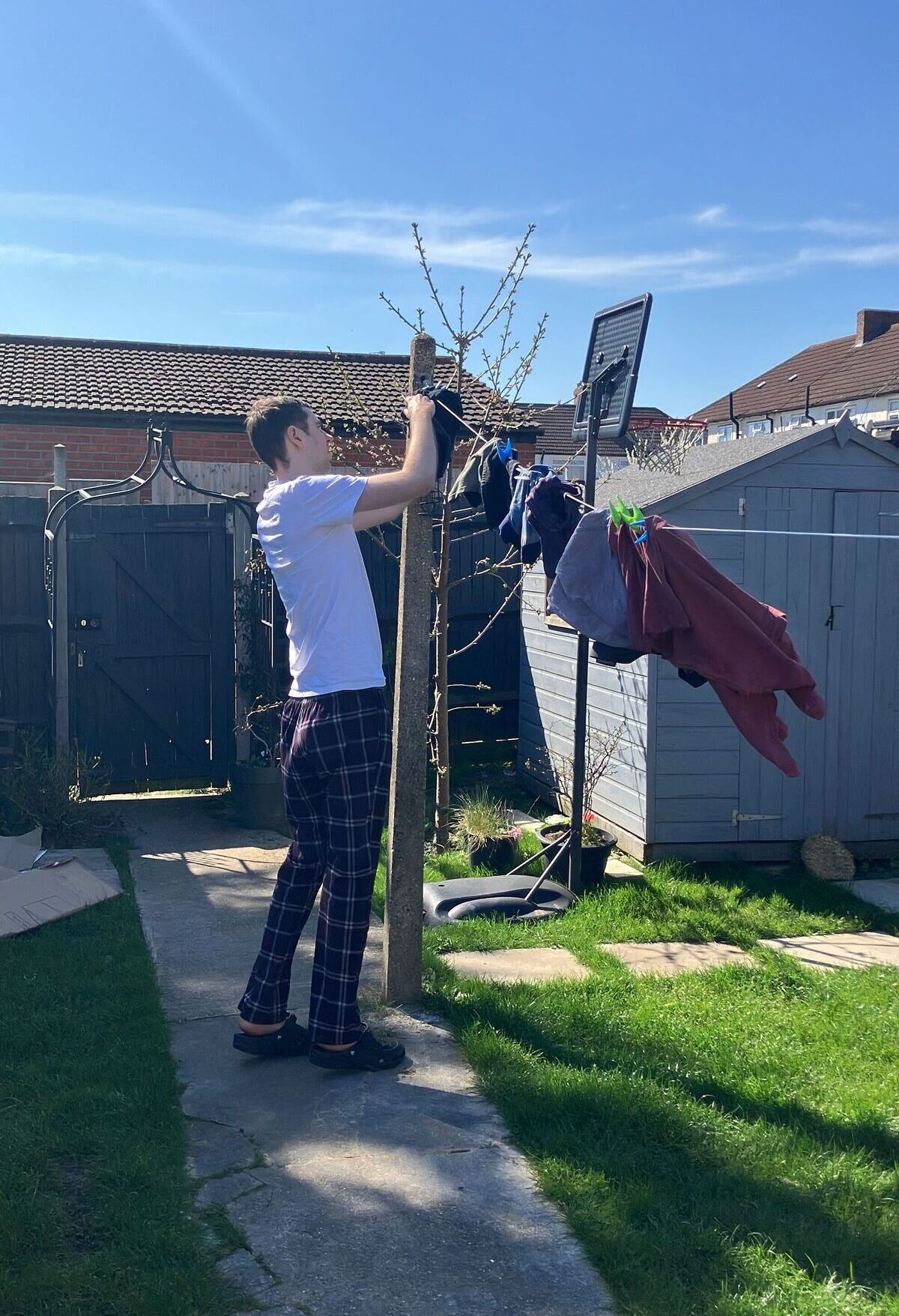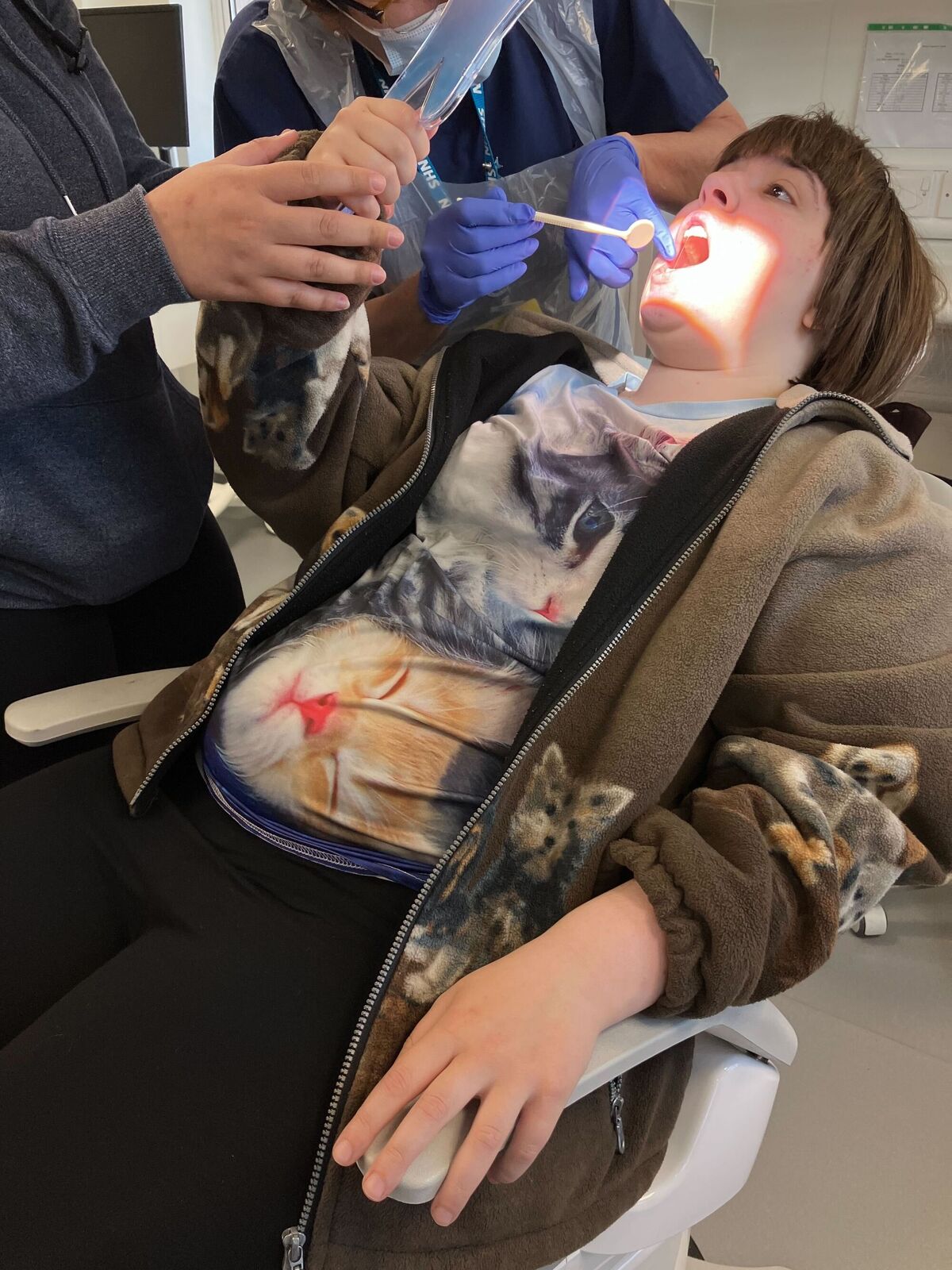Our Approach
We use the principles of applied behaviour analysis (ABA) that focuses on individualised, person-centred support. We are proud to use the principles of ABA, which is why it is in our name.
At its core, ABA focuses on improving the quality of life of individuals, with an emphasis on supporting people to overcome barriers and to learn and improve skills. ABA is not a “thing” – rather, it is a package of evidence-based principles that can be applied flexibly and in an individualised approach.
There are ongoing concerns and misconceptions about ABA as an approach, and many professionals and parents may express a preference for PBS. In truth, we use the terms of “ABA” and “PBS” interchangeably and see them as one and the same and derived from the principles of behaviour analysis – when done ethically, compassionately, and consistently.
At BEAM, we use the principles of ABA in the natural environment – in an individual’s own home and in the community. In this way, we aim to assist the people we support in learning skills that are practical and meaningful, with the overall goal of improving an individual’s quality of life.
For some individuals that we support, we may focus on teaching life skills, like being able to use public transport or how to pay at a self-service checkout machine. We may identify barriers the person faces being understood, and work on developing and improving a communication system that works for that person, whether that is speech, using visuals, using technology, and so on. We want the people we support to do the things that they really enjoy doing, like going to a theme park or dancing to preferred songs. We may look to increase independence at home, be that functional living skills such as learning to prepare lunch or to use the washing machine, and with personal care skills. Our goal is to focus on an individual’s abilities and to work with them to improve upon their existing repertoire of skills.


We understand that sometimes people have learned to use their behaviour to communicate their needs in the form of behaviours of concern. Sometimes, this behaviour could be a risk to the person themselves, those around them such as family and support staff, and even to members of the public. Some behaviours can have a negative impact on an individual’s quality of life, perhaps by not being able to access the things they would like to access, for example, and part of our role is to identify the function(s) of such behaviour in an effort to support the individual to communicate the same messages in other ways.
We work closely with parents and families, providing and receiving updates and relevant information that help to provide responsive and caring support. Some parents like receiving daily session notes and we arrange this with parents in whatever format is best for them – email, via an app, on a shared online document, as examples.
We collect data across our sessions: Frequency and duration data for behaviours of concern, acquisition data for skills being taught in the natural environment, session notes to capture the day’s events, and any other descriptive information that helps to share insights and improve the quality of support.
We adhere to the UK-SBA Code of Ethical and Professional Conduct, the core principles of which are:
- Do no harm
- Ensure safety
- Respect values and diversity
- Use scientific evidence
- Prioritise positive and proactive strategies
- Ensure consent
- Maintain sufficient records
- Protect confidentiality
- Maintain professional integrity
- Work within boundaries of competence and expertise
- Maintain and improve competence, Pursue excellence
We hope that you have enjoyed seeing some of the things our young people do on a daily basis – we’re so proud of them all!

